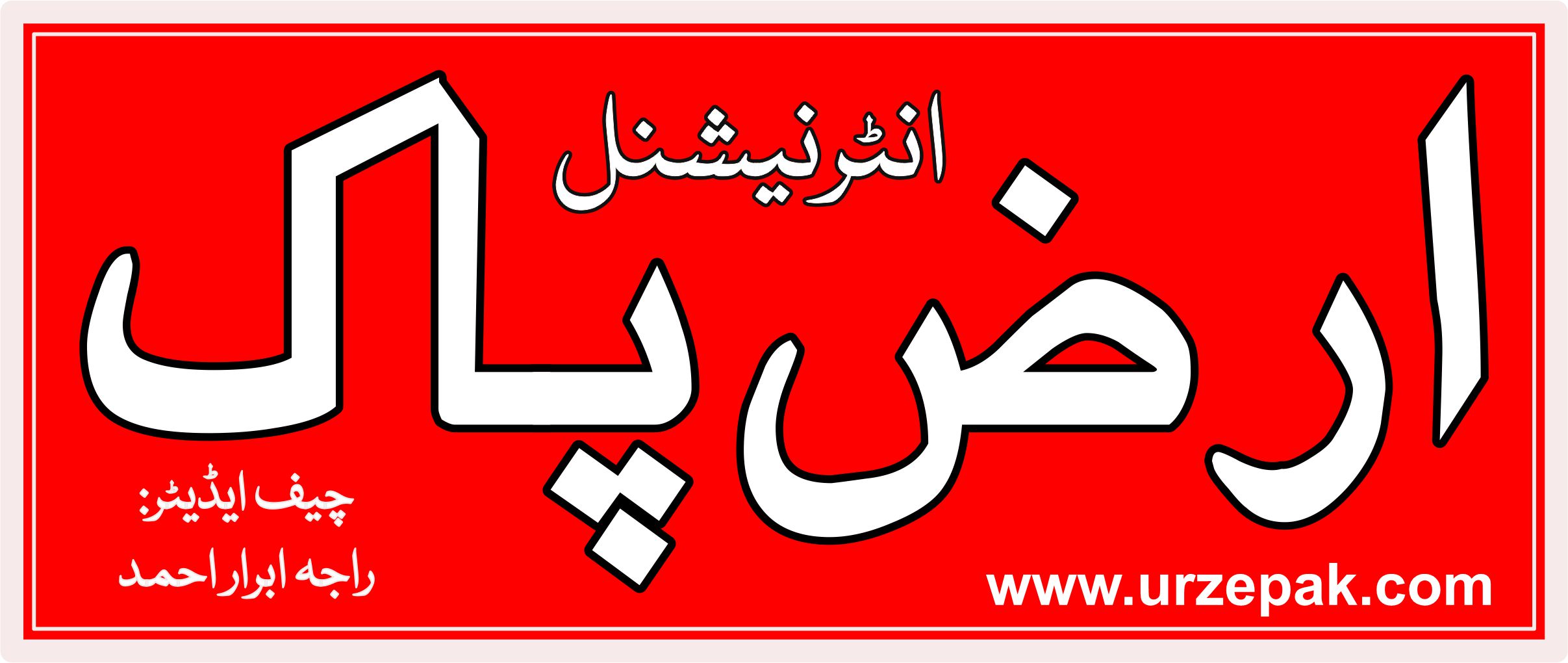
پاکستان کے پہلے پرنٹنگ پریس کی کہانی، تاریخ کے جھرونکوں سے!!
پرنٹنگ پریس کی انقلابی ایجاد اور ترقی نے انسانی تہذیب و ثقافت کے پھیلاؤ میں انتہائی اہم کردار ادا کیا ہے۔
پرنٹنگ پریس کی کہانی ایک ایسی جدت کی کہانی ہے جس نے معلومات اور علم کے پھیلاؤ کو انقلاب میں بدل دیا اور اس کے نتیجے میں ثقافتی، سماجی، اور سیاسی تبدیلیاں رونما ہوئیں۔
پاکستان میں پرنٹنگ پریس کس دور میں لگایا گیا،مندرجہ ذیل سطور میں اس کی تاریخ اور اس کی ایجاد کے اہم واقعات سے متعلق تفصیل سے بیان کیا جارہا ہے۔
کراچی میں عبداللہ ہارون روڈ پر سال 1843 میں پہلا پرنٹنگ پریس قائم کیا گیا تھا اس عمارت کو اب میوزم میں تبدیل کردیا گیا ہے جہاں پرنٹنگ کی اوّلین اور نادر نایاب مشینیں رکھی گئی ہیں۔
کراچی میں گورنر ہاؤس سے متصل قائم ہونے والے ایشیا کے پہلے پرینٹنگ پریس عجائب گھر میں قدیم مشینوں کو پرنٹنگ کے مختلف مراحل اور ادوار کو خوب صورت انداز میں پیش کیا گیا ہے۔
قدیم چھپائی والی پرنٹنگ مشینوں کا یہ ایک وسیع اور حیرت انگیز خزانہ ہے، اس میوززیم کو ایشیاء میں اپنی نوعیت کا اولین پریس میوزیم بھی قرار دیا جاتا ہے۔
یہاں نمائش کیلیے موجود مشینیں طباعت کے تاریخی تسلسل کی شاندار مثالیں ہیں پرنٹنگ پریس اور اس کی جانچ رکھنے والوں کا کہنا ہے کہ بلاشبہ یہ مشینیں پرانی ضرور ہیں لیکن انہیں استعمال کرنا چاہیں تو آج بھی کارآمد بنائی جاسکتی ہیں۔
اس میوزیم میں 1830 سے 1954 تک کی قدیم اور نایاب چھپائی کی قیمتی مشینوں کو ان کی اصل حالت میں پیش کیا گیا ہے، یہاں ہر مشین کی اپنی کہانی ہے، جو پرنٹنگ کی دنیا میں سنگ میل ثابت ہوئی ہے۔ اس عجائب گھر میں 175 سال کے دوران استعمال ہونے والی 56 پرینٹنگ مشینوں کو پہلی مرتبہ محفوظ کیا گیا ہے۔
20 ہزار اسکوائر فٹ کے اس قدیم ہال میں شائقین کے لیے مختلف ادوار کی پرینٹنگ کے ریکارڈ کے لیے علیحدہ سیکشن بنایا گیا ہے، یہ میوزیم شائقین کے لیے پرینٹنگ کی قدیم دنیا سے جدید دنیا تک کے سفر کی تاریخ کو فراہم کرنے کا ایک مؤثر ذریعہ ہے۔
اس عجائب گھر میں ایک مجسمہ پرنٹنگ مشین کے پہلے جرمن موجد یوہانس گوٹنبرگ کا ہے، س انقلابی ایجاد کا سہرا ان ہی کے سر ہے، ان کی اسی تخلیق کے بعد یورپ میں کتابوں کی چھپائی میں انقلاب برپا ہوا۔
جنوبی ایشیا میں چھاپے خانوں سے طباعت کا آغاز اگرچہ پرتگالیوں نے سولہویں صدی کے وسط میں کیا تھا تاہم بعد ازاں ایس ٹ انڈیا کمپنی نے پورے خطے میں پرنٹنگ پریس کا پورا جال بچھا دیا۔
Abrar Ahmed is not just a journalist — he is a chronicler of his time. A Kashmiri journalist, columnist, novelist, and author, he has spent his life wrestling with ideas, questioning power, and giving voice to the voiceless. Armed with a Master’s degree in International Law, he brings intellectual depth and moral clarity to every piece he writes. His education at the University of Azad Kashmir Muzaffarabad and Quaid-i-Azam University shaped his analytical mind, but it is his lived experience that sharpened his pen.
Abrar has been a tireless campaigner for human rights, equality, and justice, speaking out against oppressive systems of governance and entrenched corruption in many Asian countries. He has consistently raised his voice for the deprived and oppressed people of Kashmir, making their struggle for dignity and freedom heard on global platforms.
Today, he resides in Dublin, Ireland, where his perspective has widened, allowing him to view Kashmir’s pain and the world’s conflicts through a sharper, more global lens.
He is the founder of the Institute of Research for Conflict Resolution and Social Development, Ikhtilaf News Media and Publications, and the Daily Sutoon Newspaper — institutions built not just to inform, but to challenge, to provoke, to awaken. His humanitarian vision led to the creation of the Save Humanity Foundation, a reflection of his belief that words must lead to action.
His books are not mere collections of pages — they are manifestos of conscience:
Tehreek-e-Azadi ke Azeem Surkhaik — a tribute to those who gave everything for freedom.
Corruption ke Keerhay — a fearless dissection of the rot eating away at society.
Masla-e-Kashmir ka Hal: Aalmi Aman ka Rasta — a bold attempt to chart a path to peace.
Pakistan and Azad Kashmir Political System and New System Needed — a demand for reform, justice, and a future worthy of its people.
Through his textbooks Modern Community Development Ideas and Basic Journalism, Abrar has shaped generations, giving young minds the tools to see the world critically and act with purpose.
Born on March 19, 1982, Abrar Ahmed stands as a voice of resistance and renewal. His work is not just journalism — it is an ongoing struggle for truth, for peace, and for a just society. To read him is to confront the questions we are too often afraid to ask, and to believe, even in dark times, that words can still change the world.
